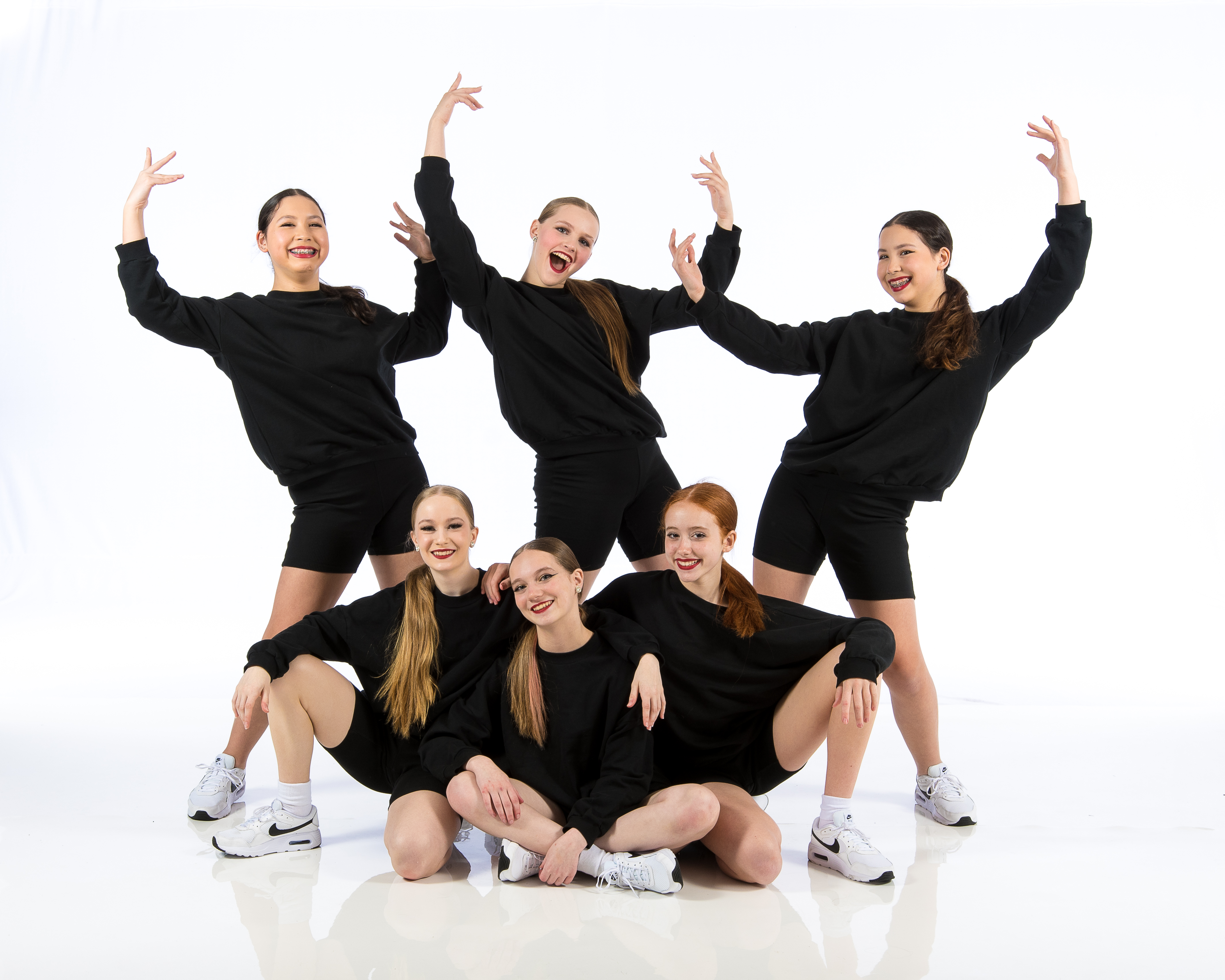Introduction
Dance is a universal language that transcends boundaries, cultures, and ages. At Doty Performance, this notion comes to life through an array of dynamic dance genres that cater to all skill levels and interests. Whether you're a seasoned dancer or just starting out, the vibrant environment at this dance studio invites you to explore your passion for movement. This article will take you on a journey through the different dance genres offered at Doty Performance, delving into their rich histories, techniques, and the unique experiences they provide.
Exploring Different Dance Genres Offered at Doty Performance
The Importance of Dance in Education
Dance is not merely an art form; it's a vital part of human expression and education. In today’s fast-paced world, integrating dance into education can enhance physical health, foster creativity, and improve emotional well-being.
Benefits of Dance Education
Physical Fitness: Dancing improves cardiovascular health and muscular strength. Mental Development: It enhances memory and cognitive skills through choreography memorization. Emotional Expression: Dance allows individuals to express feelings non-verbally. Social Skills: Group classes foster teamwork and communication.Ballet: The Foundation of Dance
Ballet is often regarded as the cornerstone of various dance forms due to its structured technique and emphasis on grace.
History of Ballet
Originating during the Italian Renaissance in the 15th century, ballet has evolved significantly over the centuries. It transitioned from court entertainment to a highly technical art form with its own vocabulary.
Characteristics of Ballet
- Posture & Alignment: Proper body alignment is crucial. Technique: Includes pirouettes, pliés, and tendus. Expression: Emphasizes storytelling through movement.
Jazz: The Rhythm of Life
Jazz dance embodies freedom and spontaneity, making it one of the most popular genres in contemporary performances.
Origins of Jazz Dance
Emerging from African American communities in the early 20th century, jazz incorporates elements from African rhythms and European music.
Key Elements of Jazz Dance
- Improvisation: Dancers often create movements on the spot. Syncopation: Jazz emphasizes off-beat rhythms. Energy Levels: Ranges from smooth to explosive movements.
Tap Dance: The Sound of Rhythm
Tap dancing combines rhythm with intricate footwork, creating a unique auditory experience alongside visual artistry.
A Brief History of Tap Dancing
With roots in African American history, tap gained popularity in vaudeville shows during the late 19th century.
Techniques Used in Tap Dance
- Heel Taps & Toe Taps: Create distinct sounds. Shuffles & Flaps: Essential movements that add flair. Rhythmic Patterns: Tap dancers often engage in call-and-response with musicians.
Hip Hop: The Voice of Youth Culture
Hip hop is more than just a dance genre; it’s a cultural movement that encapsulates style, music, and attitude.
Evolution of Hip Hop Dance
Starting in the late 1970s in New York City’s Bronx neighborhood, hip hop has grown into various styles like breaking, locking, and popping.
Core Components of Hip Hop Dance
- Street Style: Often improvised and influenced by urban culture. Breaking Techniques: Power moves such as spins and freezes are iconic here. Freestyle Battles: Dancers showcase their skills competitively.
Contemporary Dance: The Fusion Genre
Contemporary dance blends various styles to create innovative performances that reflect current societal themes.
Defining Characteristics of Contemporary Dance
This genre emphasizes versatility and includes elements from ballet, jazz, hip hop, and modern dance.
Techniques Emphasized
- Floor Work: Using gravity to enhance movement quality. Use of Space: Dancers explore different levels within their performance space. Emotional Connection: Focuses on expressing deep feelings through movement.
Modern Dance: Breaking Traditional Boundaries
Modern dance emerged as a rebellion against classical ballet's strictness during the early 20th century.
Historical Background
Pioneers like Martha Graham sought to express personal emotions rather than adhere to traditional forms.
Key Features
- Freedom of Movement : Less focused on technique compared to ballet. Abstract Themes : Often addresses social issues or personal narratives.
Musical Theatre Dance
Bringing together acting and dancing creates a captivating fusion known as musical theatre dance.
Why Musical Theatre?
The combination engages audiences emotionally while telling stories through music and movement.
Typical Styles Involved
Musical theatre often encompasses various genres including jazz, tap, ballet, and hip hop based on production needs.
Ballroom Dancing
Ballroom dancing involves partner dances performed socially or competitively around the globe.
Types of Ballroom Dances
Waltz Tango Foxtrot Cha-ChaEach style has its own set patterns but also allows for improvisation when danced socially.
Cultural Influences on Dance Genres
Different cultures have significantly influenced how these genres have evolved over time.
FAQs
What age groups can participate in classes at Doty Performance?- Classes cater to all age groups—from toddlers to adults—offering tailored programs for every level!
- Not at all! Doty Performance welcomes beginners with open arms while also providing advanced classes for experienced dancers!
- Yes! For those interested in competitions or performances outside regular classes!
- Comfortable clothing that allows free movement is recommended! Specific footwear may depend on your chosen genre!
- Absolutely! Parents can actively participate in certain classes or support events throughout the year!
- Yes! Many studios offer trial classes so you can find your perfect fit without pressure!
Conclusion
At Doty Performance, exploring different dance genres opens doors not only to artistic expression but also personal growth. Every step taken dance classes within these walls nurtures creativity while fostering camaraderie among fellow dancers. Whether you find joy in the elegance of ballet or groove along with hip hop beats—there’s something here for everyone! So lace up your shoes and step into this world where rhythm meets emotion; let’s start dancing together!
In essence, "Exploring Different Dance Genres online dance classes Offered at Doty Performance" provides an opportunity for individuals seeking passion through movement—both physically engaging yet emotionally fulfilling! It’s about community connection—a place where everyone belongs regardless if you're twirling gracefully across stage floors or breaking beats amongst friends! So why wait? Join us today—let’s make some rhythm together!
